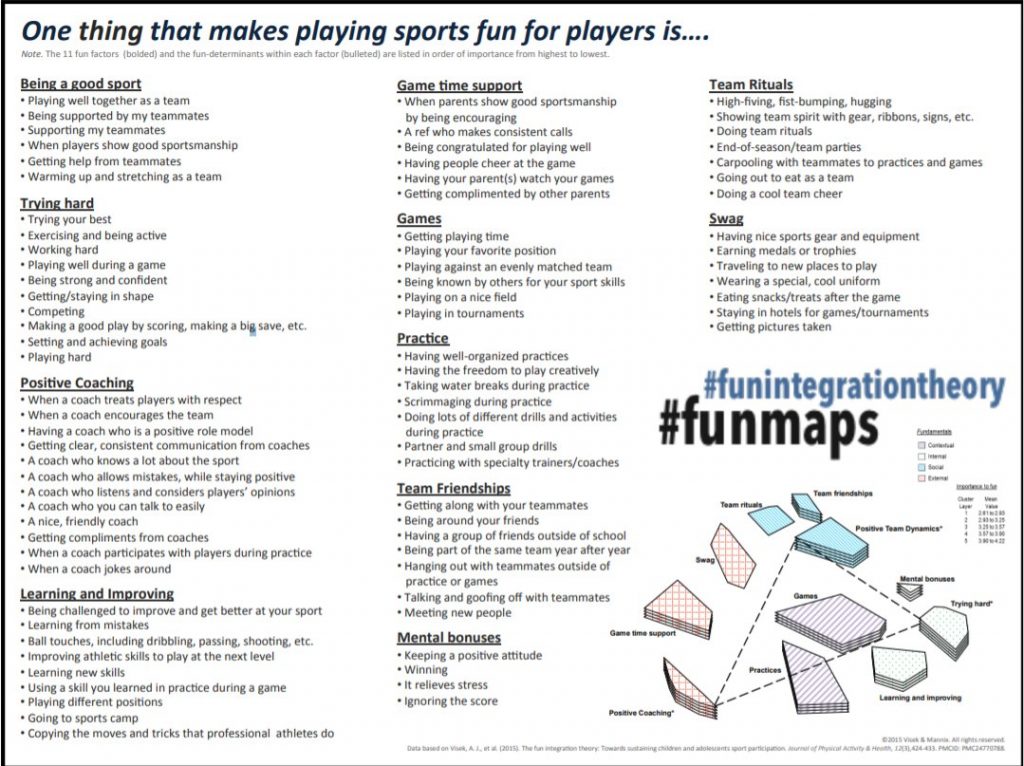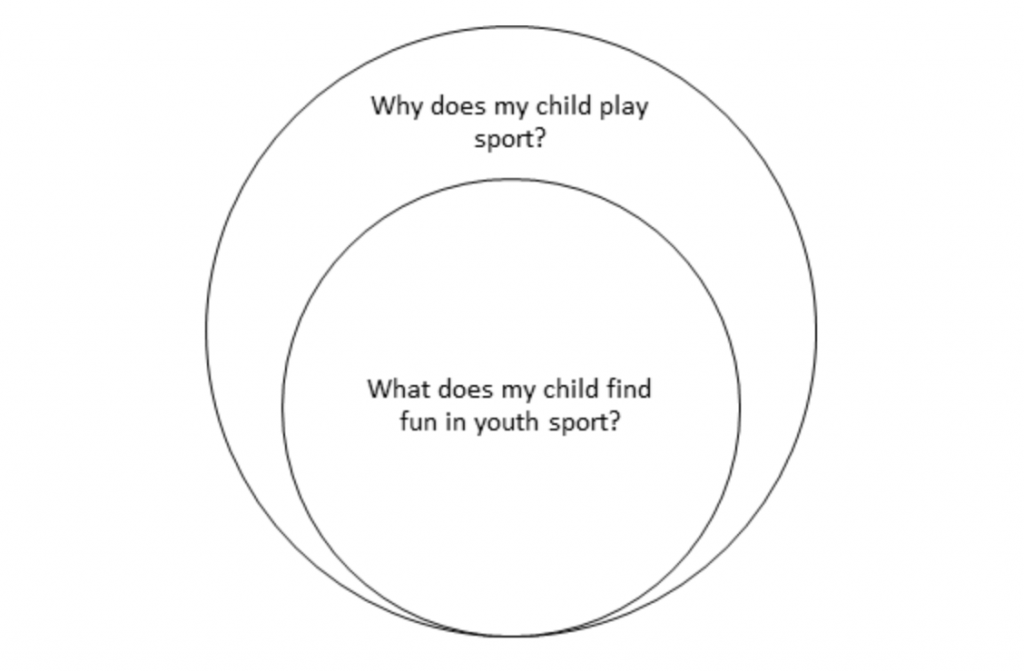Parents’ motivations for supporting their children to play sport and children’s motivations for playing sport don’t always line up. We hear from Kelly Curr about why it’s important that parents ask themselves “why does my child play sport?“
Sport and active recreation are an important part of young New Zealanders’ lives. We know this because according to Sport NZ’s 2011 Young Peoples survey, 9 out of 10 young people said they like playing sport and participate in one or more activities regularly – Kiwi kids are sporty, active kids.
Sport NZ’s 2017 Value of Sport report also highlighted that sport plays a vital role in creating happier healthier people, better connected communities, and a stronger New Zealand. Physical activity and sport support the development of essential life skills in young people and regular participation in sport, particularly team sport, is associated with improved social skills, social integration, competence cooperation and teamwork. These factors can often underpin parent motivations to support involvement in sport but these factors don’t necessarily underpin motivations for young people to play and stay in sport.
As a parent, do you know your child’s why? Do you know why they play sport?
Significant amounts of research have been conducted in New Zealand and around the world to understand why young people play sport. Off the back of much of this research, Sport New Zealand developed an evidence-based philosophy to inform and provide a framework that puts the needs of the participant first – Balance is Better. The focus of the philosophy is on why young people play sport – to have fun, be challenged, develop and improve, be part of a team or group, and enjoy time with friends.
When asked ‘why do you play sport?’ – ‘having fun’ is overwhelmingly one of the key responses from young people. Yet, “fun” is often trivialised or poorly understood by adults. In a 2015 research paper titled, “The Fun Integration Theory: Towards Sustaining Children and Adolescents Sport Participation”, Amanda Visek and her colleagues wrote:
“At present, fun remains a relatively elusive concept. Limited efforts have been made to characterize and quantify fun in youth sport and there is no consensus of its meaning in the literature. For instance, relatively few studies have attempted to identify specific factors that comprise fun in youth sports.”
So, what is fun?
For parents (and other adults involved in youth sport) there are some important ‘takeaways’ from Visek’s research into fun:
- There are many dimensions to what constitutes fun for young people (Visek identified 81 different determinants of fun in youth sport)
- The relevant weight a young person places on what constitutes fun, changes from child to child.
To help adults supporting youth sport experiences (parents, coaches, teachers, administrators, etc) Visek and her colleagues developed Fun Maps. These Fun Maps conceptualise 81 different ‘determinants’ of fun, which can be further categorised into 11 ‘dimensions’:

Importantly, Visek identified that the Youth Sport Ethos – the three most important dimensions of fun relevant to other dimensions. These are:
- Being a good sport
- Trying hard
- Positive coaching
Visek proclaims that these “three dimensions [are] paramount for maximising fun experiences in practices and games”.
What does this mean for parents?
Review the Fun Map below and consider what determinants align most with your child’s motivation for playing sport. Reflect on how that lines up with the sporting experiences that your child has or could have. Perhaps there are things you are already doing which enable some or lots of the determinants below. Are there other things you have control over that you could change or improve?

Understanding their why
As parents, coaches, or caregivers, it is incredibly important to make sure we truly understand the individual motivations and goals of our young people. As outlined above, unpacking what fun equates to for your child is important. I would argue, that working out what is fun is an important question that falls within the broader question of why does your child sport?

What is their why?
I strongly encourage all parents to take some time and begin to talk with their child in order to begin to understand their child’s why.
In Jonny Tuivasa-Sheck’s 2019 video “So before you ask..” he talks about the pressures of growing up as a rugby league prodigy and about being labelled “a rugby player” by those around him from an early age, without ever being asked if that’s what he wanted to do.
“I was made to be an athlete. Despite the fact I can’t read properly, see properly, count properly, hate broccoli, I’m Samoan so I’m probably good at rugby. Now those skills I thought I didn’t need are catching up with me … but I’m good at rugby so it doesn’t matter. But what if I don’t like rugby?”
A useful tool that can support conversations with your child or teenager is The 110 Point Exercise from the Positive Coaching Alliance. Parents and children should fill out their forms individually and use them to prompt conversation about their shared youth sports experience.
Winning and scoring would often be high on the adult agenda of what is fun and important for their children. However, whilst it may be a factor in what makes the experience fun for children, this is often well down their list of priorities. In Visek’s research, winning didn’t feature until number 30.
Talk to your son or daughter about what fun means to them, about why they play sport and have an honest discussion about what’s important.
References:
Photo Credits: Jude Beck on Unsplash







